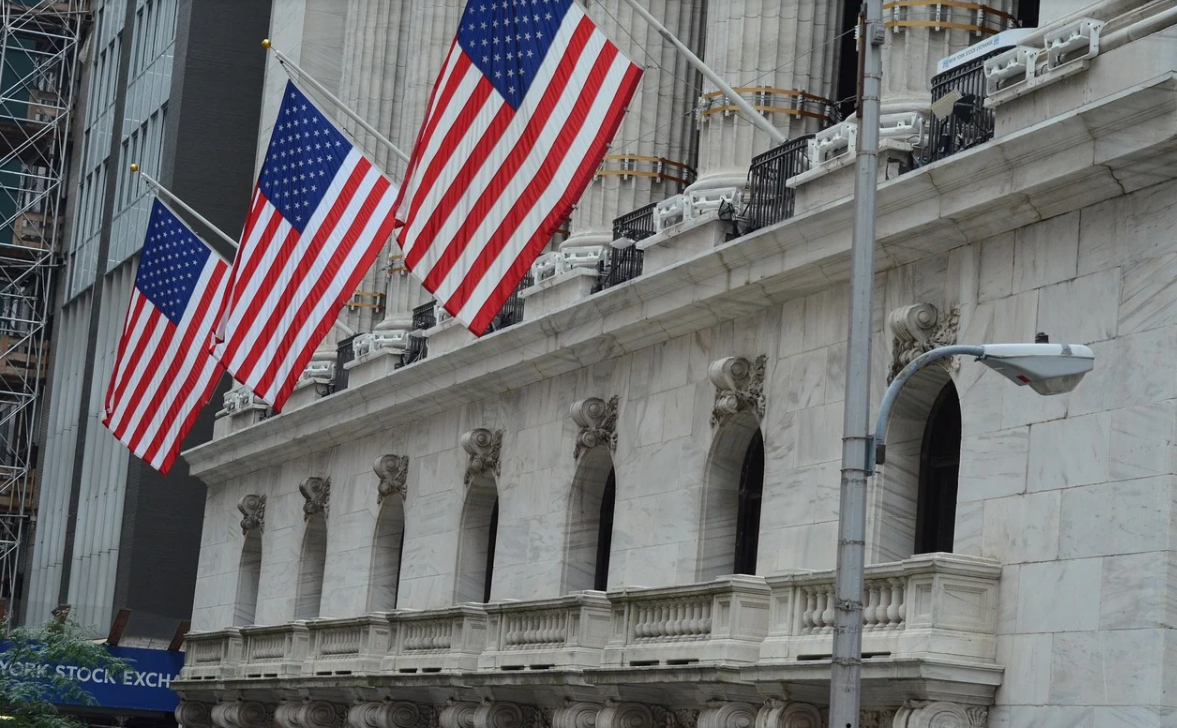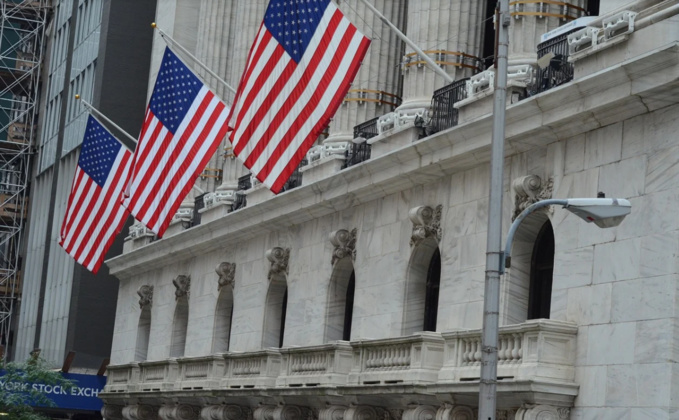It amends and supplements the Sarbanes-Oxley Act 2002, which in its time increased the financial disclosure requirements for all companies whose shares are traded on US exchanges and are regulated by the Securities and Exchange Commission (SEC).
The new law will require issuers to provide comprehensive evidence that they do not belong to, or are controlled by, a foreign government.
The description of the bill states that "an issuer must provide appropriate supporting documents if the US Public Company Accounting Oversight Board (PCAOB) is unable to audit the reports of an issuer using a foreign audit firm that is not subject to the PCAOB's audit. If the PCAOB is unable to review the issuer's reports for three consecutive years, then trading in that issuer's shares on national exchanges (US) will be prohibited.
The bill specifically states that a foreign issuer must specify not only the percentage of shares held by a foreign government or an organisation controlled by a foreign government, but also "all information relating to the board of directors of any members representing the Communist Party of China".
This has led American observers to believe that the bill is aimed mainly at Chinese companies whose shares are traded in the US and raise funds through US exchanges and investors, but may also be controlled by the Chinese government.
Earlier, in May, the bill was already unanimously approved by the Senate. But if the majority in the Senate is held by Republicans, in the House of Representatives it is held by the Democratic Party. Nevertheless, the bill was supported in both houses. Now, in order to become law, all it has to do is get the signature of President Donald Trump.
Many political analysts regard this as a formality: Mr. Trump is a consistent advocate for tighter regulation of Chinese companies, including those under state control.
After that, according to the American media, such large Chinese companies as Alibaba, JD.com and NIO, which are traded in the United States, could be at risk.
The situation is complicated by the fact that the Chinese authorities have already banned their auditors from reporting to foreign regulators as a violation of Chinese sovereignty.
However, current U.S. Treasury Secretary Stephen Mnuchin proposed a compromise over the summer that would reduce the risk of Chinese issuers delisting from U.S. exchanges without reducing the transparency required by the bill.
source: cnn.com
The new law will require issuers to provide comprehensive evidence that they do not belong to, or are controlled by, a foreign government.
The description of the bill states that "an issuer must provide appropriate supporting documents if the US Public Company Accounting Oversight Board (PCAOB) is unable to audit the reports of an issuer using a foreign audit firm that is not subject to the PCAOB's audit. If the PCAOB is unable to review the issuer's reports for three consecutive years, then trading in that issuer's shares on national exchanges (US) will be prohibited.
The bill specifically states that a foreign issuer must specify not only the percentage of shares held by a foreign government or an organisation controlled by a foreign government, but also "all information relating to the board of directors of any members representing the Communist Party of China".
This has led American observers to believe that the bill is aimed mainly at Chinese companies whose shares are traded in the US and raise funds through US exchanges and investors, but may also be controlled by the Chinese government.
Earlier, in May, the bill was already unanimously approved by the Senate. But if the majority in the Senate is held by Republicans, in the House of Representatives it is held by the Democratic Party. Nevertheless, the bill was supported in both houses. Now, in order to become law, all it has to do is get the signature of President Donald Trump.
Many political analysts regard this as a formality: Mr. Trump is a consistent advocate for tighter regulation of Chinese companies, including those under state control.
After that, according to the American media, such large Chinese companies as Alibaba, JD.com and NIO, which are traded in the United States, could be at risk.
The situation is complicated by the fact that the Chinese authorities have already banned their auditors from reporting to foreign regulators as a violation of Chinese sovereignty.
However, current U.S. Treasury Secretary Stephen Mnuchin proposed a compromise over the summer that would reduce the risk of Chinese issuers delisting from U.S. exchanges without reducing the transparency required by the bill.
source: cnn.com



















